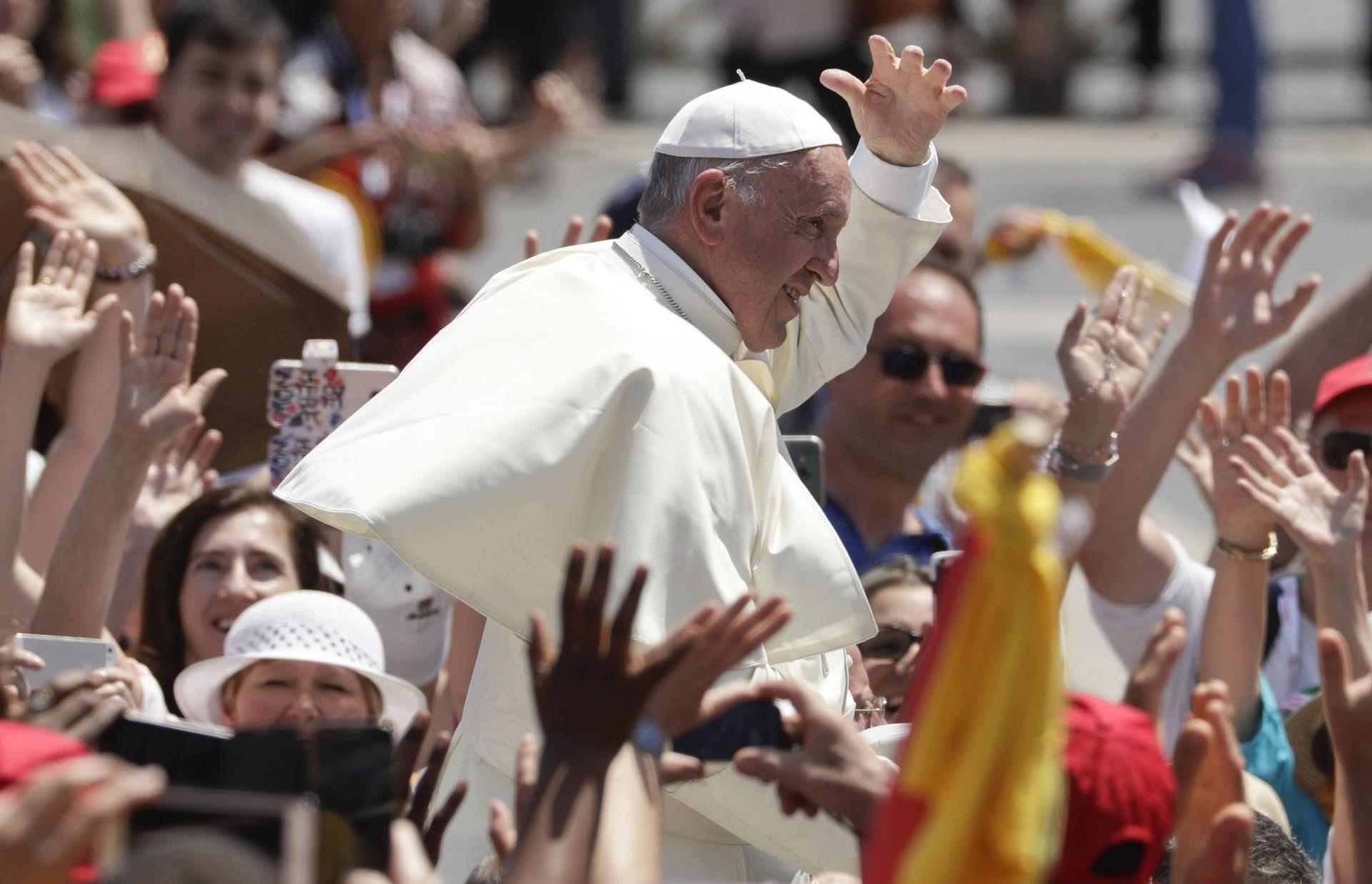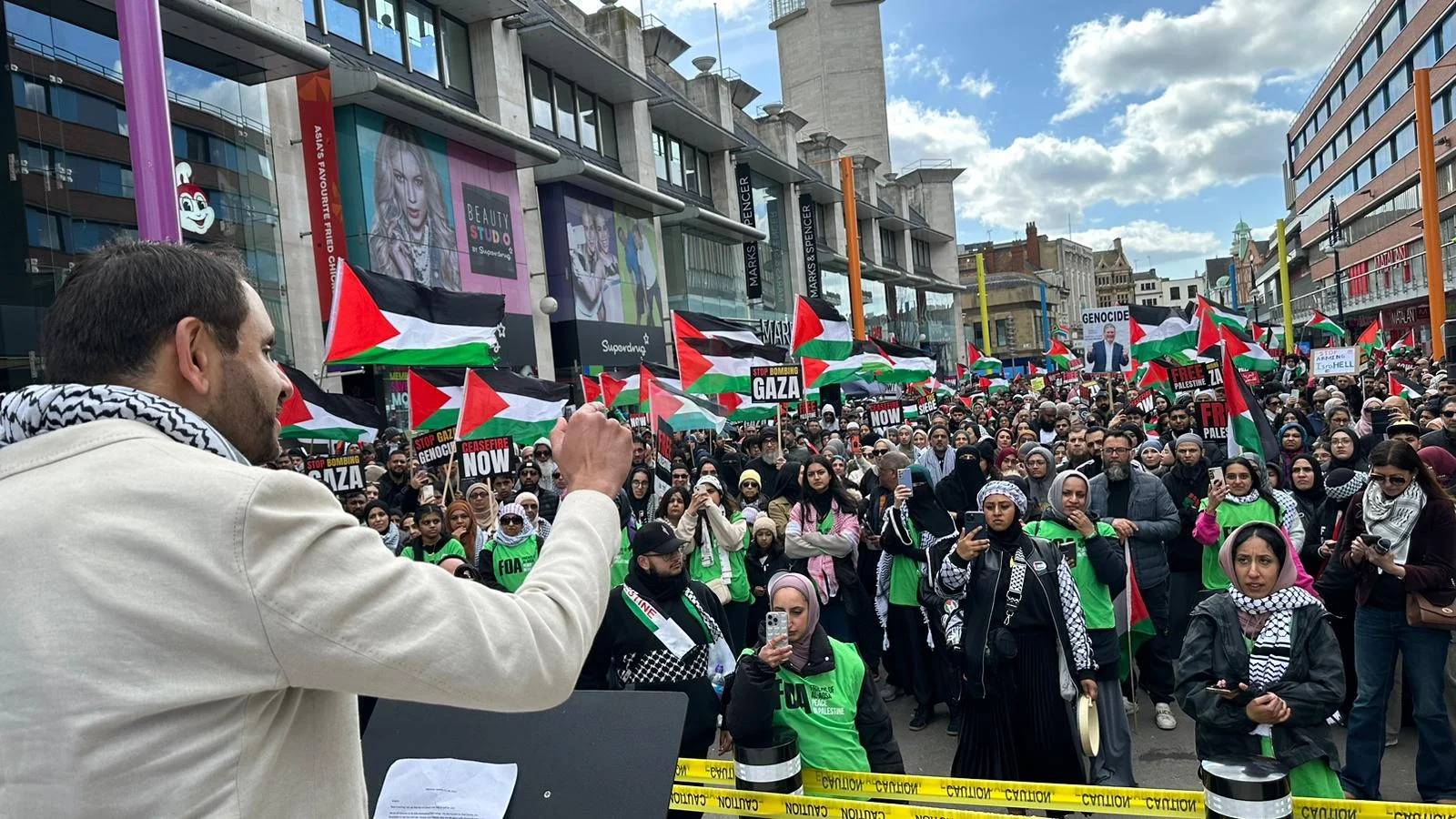ROME – Here’s what we know about the lay of the land in and around the Vatican at the beginning of summer 2017.
- Pope Francis is not scheduled to travel anywhere until early September, when he heads to Colombia, and because this is not a jubilee year, there are no major events to prepare for over the summer.
- Francis does not take vacations, so he won’t be heading off to the historical papal retreat of Castelgandolfo to while away the summer months, or up to northern Italy near the Alps, as Benedict XVI used to do, for some down time.
- Francis is legendarily a pope of surprises, and with this much time on his hands, he’s certainly capable of pulling a rabbit out of a hat.
Given all that, it’s imminently worth considering what “summer surprises” Pope Francis might have in store this year.
That was the subject of a conversation on Monday on The Crux of the Matter, a weekly radio show on The Catholic Channel, Sirius XM 129, produced by Crux. It brought together Austen Ivereigh, Crux’s senior contributor and author of The Great Reformer: Francis and the Making of a Radical Pope; Charles Collins, the managing editor of Crux and a longtime staffer at Vatican Radio; and John Allen, Crux editor and a veteran Vatican analyst.
All three went into the conversation knowing that it was a terribly speculative enterprise, since, by definition, a “surprise” is something you don’t see coming. Nonetheless, here’s what each of those three voices thought is at least plausible to expect from Francis by way of shaking up the summer doldrums.
Ivereigh forecast that Francis may be working on a major social teaching document, perhaps only the third encyclical of his papacy after Lumen Fidei in June 2013 (which Francis acknowledged was mostly the work of Pope Benedict XVI) and Laudato Si’ in 2015 (dedicated to the care of creation.)
As Ivereigh sees it, this would be a document that takes as its point of departure the situation of migrants and refugees, a major concern of Pope Francis, but broadens things out to a treatment of the dynamics of globalization in the early 21st century.
As a bonus prize, Ivereigh believes Francis may get around to naming some of the “interests” and “powers” he’s repeatedly said are behind a dehumanizing form of globalization that represents part of what the pope terms a “throw-away culture.”
Collins, meanwhile, had a truly “outside the box” possibility. He conceded from the outset there’s only a 10 percent shot of this happening, but it’s still worth thinking about: Pope Francis proclaiming a dogma of Mary as Co-Redemptrix, Mediator of all Graces and Advocate.
Assigning Mary those titles has long been a cherished cause of some elements on the Catholic right, which perhaps makes Francis an unlikely pontiff to actually deliver. On the other hand, as Collins pointed out, Francis has a strong devotion to the Blessed Mother, and, as a Latin American pastor, has a deep grasp of the centrality of Mary in traditional Catholic spirituality.
Moreover, although Collins didn’t put it quite like this, proclaiming those Marian dogmas would also serve the political purpose of assuring the Catholic right that the pope isn’t hostile to them on principle – a point which might well do him some good in the present political climate inside the Church.
Finally, Allen floated the idea that Pope Francis at some point over the summer may replace German Cardinal Gerhard Müller as Prefect of the Congregation for the Doctrine of the Faith.
Granted, Müller is only 69, so there’s no immediate reason why a successor has to be named. However, he was first appointed to his position by Benedict XVI in 2012, so by normal Vatican standards the usual five-year term as head of a department will be up, and anyone with eyes can see that Francis and Müller aren’t exactly in sync on some issues, including the implications of the pope’s document Amoris Laetitia for the contentious issue of Communion for divorced and civilly remarried Catholics.
If Francis wanted to be completely transparent, he’d probably name Argentine Archbishop Víctor Manuel “Tucho” Fernández as Müller’s replacement, since it’s fairly obvious that Fernández is the figure Francis relies on when he wants a theological assessment of something. However, there’s good reason to believe that Francis likes Fernández where he is, free of the labyrinth of the Vatican, and is unlikely to bring him to Rome.
Assuming that’s the case, who might Francis tap to take over from Müller?
Allen floated the counter-intuitive idea that one candidate could be Cardinal Sean O’Malley of Boston, widely seen as the Church’s leading reformer on clerical sexual abuse. Given that the doctrinal congregation also has primary responsibility for handling accusations of abuse against clergy, if Francis truly wanted to make a statement about change, there’s no better way than naming O’Malley … and since he already has someone else to provide doctrinal counsel, he wouldn’t need O’Malley for that.
For the record, no one else found that an especially persuasive scenario.
Of course, we have no idea what Francis will actually do. What we do know, however, is that he is an activist pope who finds himself with some time on his hands this summer, so the best advice probably is simply this: Stay tuned!

















